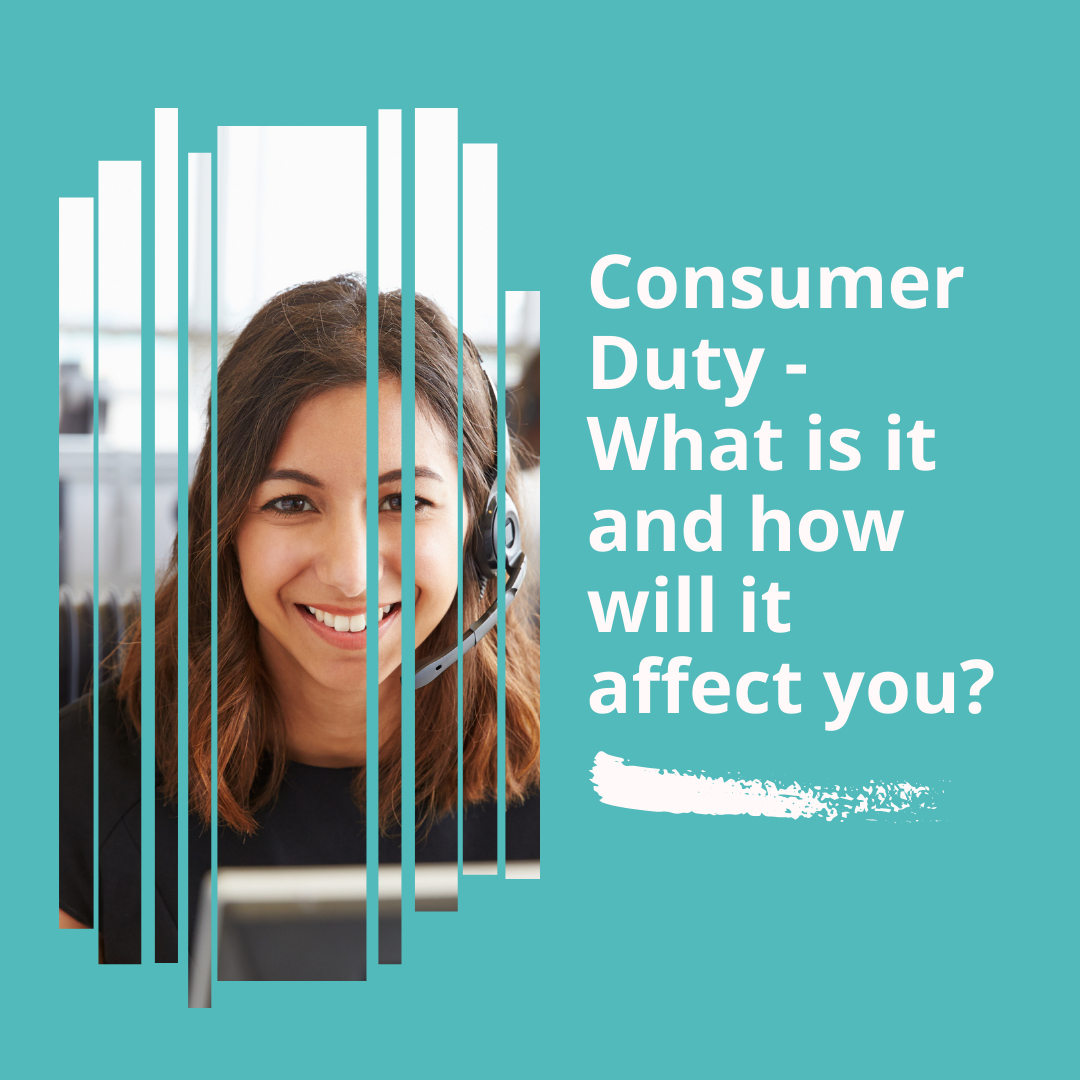
14 Feb
Consumer Duty- What is it and how does it affect you?
Introduction to Consumer Duty
There is a lot of talk right now about finance, consumer duty, and how it affects retail space. But, what is Consumer Duty? And, how does it affect the general public? We read the FCA’s 56-page document about Consumer Duty so you don’t have to…
The Financial Conduct Authority (FCA) regulates the financial services industry in the UK. They protect consumers by setting out rules and standards for companies in the financial industry.
The FCA make sure that companies:
- Treat their customers fairly
- Deliver appropriate products and services
- Put customer protection above their own profits or income
The FCA is currently in the midst of introducing new rules and regulations- named the ‘Consumer Duty’. The Consumer Duty aims to ensure companies “put themselves in customers’ shoes” when communicating and designing products.
The Consumer Duty is being introduced to protect us- the consumers. Higher standards and expectations are about to be set for the standard of care that firms provide to consumers. This is likely going to result in a significant shift in financial culture and behaviour. Financial firms now must focus on consumer outcomes and all decisions must be made in the consumers’ best interest.
What companies will be affected by Consumer Duty?
The Consumer Duty will be implemented in:
- Electronic money institutions
- Payment institutions
- Registered account information service providers
What will change for you?
There are many companies that are already practising a good standard of service for their customers, i.e. good products and services at fair prices, with excellent customer service. So, there is a chance that this change will not be too noticeable to you. However, for those companies that do not consider the needs of their customers, they will have to adapt to the new way of working.
As a consumer, you should….
- have greater confidence that companies are acting in good faith
- receive clear and understandable information and will have access to any products and services that meet your needs
- no longer be mislead on products and services
- be able to compare products and services more easily, and shop around for better deals
- receive fair value for any products and services
- receive benefits relative to the price you pay
- experience good customer service
Why is this getting introduced?
The FCA is aware that sometimes consumers don’t always get the products and services that they expect. For example, some companies may not always compete effectively to increase the quality of their products and services whilst bringing down costs for the consumer. This can have negative consequences for consumers.
Additionally, consumers who are particularly vulnerable are at a greater risk of harm and so now companies need to take additional care to ensure vulnerable consumers have an experience as good as those of other consumers. Especially those who are experiencing financial hardship.
Therefore, the Consumer Duty will add to existing regulations set out by the FCA, which should be in place by 31st July 2022.
Examples
Below are some practical examples provided by the FCA to demonstrate how the Consumer Duty will be applied:
A credit card provider recently amended its minimum payment terms. It communicated this by sending a complete set of the revised Terms & Conditions to each customer, without drawing attention to what had changed. This made it difficult for customers to identify the relevant information.
In this example, the FCA would expect the provider to highlight the key changes so as to bring them to the attention of customers in a clear and understandable way.
A firm seeks feedback from its customers on the first anniversary of a product purchase. The survey responses highlight that a high number of consumers say that they have paid unexpected fees in the first year.
In this situation, the FCA would expect the firm to reconsider how understandable their initial product communications are and make appropriate changes.
A firm requires its customers to contact them by phone if they want to switch to a different provider. Once on the phone, customers are subjected to a lengthy process during which they are encouraged not to switch. This type of practice would be likely to constitute an ‘undue hindrance’ under the Consumer Duty.
In this example, the FCA would urge the firm to consider alternative ways to operate to ensure that it is as easy to switch, leave their service or make a change, as it is to buy it in the first place.
Final thoughts
Undoubtedly, this is good news for consumers, especially those who are experiencing financial hardship. As energy prices are rising, it will now be much easier to check whether you are getting the best deal. If you owe money to any companies, they should be working hard to ensure that you are the priority.
If you would like to complete a free and electronic income and expenditure form that you can share to companies you owe money to, visit IE Hub. It removes the stressful phone calls and puts you in control of the information you share.